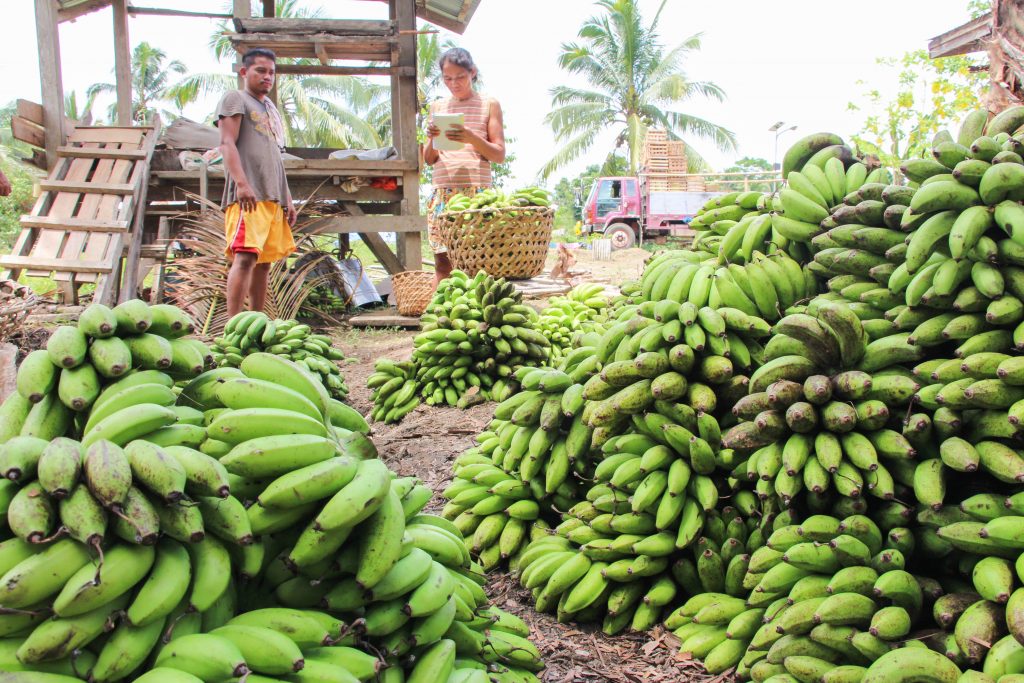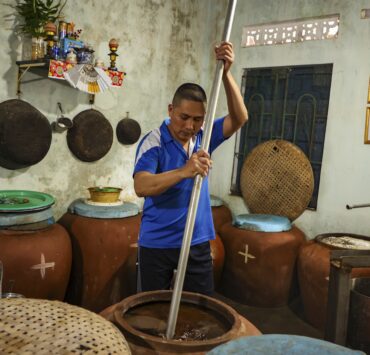DA allots P14-B for 2 major food hubs in Pampanga and Quezon

The Department of Agriculture (DA) is allocating up to P14 billion to construct two major food hubs in the Philippines as it seeks to ensure the seamless flow of agricultural products and stabilize retail prices.
In a briefing on Wednesday, Agriculture Assistant Secretary Arnel de Mesa said the project cost of each food hub is pegged at P3 billion to P7 billion. It will rise in Clark, Pampanga and Quezon.
De Mesa said both food hubs could become operational as early as next year, which are envisioned to resolve price volatility in food items.
“If you have these kinds of facilities, you can have at least have a system that will set prices so that farmers will not be affected and consumers will not be exposed to extreme price increases or shortage of products,” said de Mesa, the agency’s spokesperson.
The first food hub located in Clark will cater to North Luzon, which is set to begin construction immediately because the property where it will be put up is available. It spans 30 to 50 hectares.
The area for building the second food hub in Quezon is also available, serving Southern Tagalog and Bicol. It covers 20 to 30 hectares.
“And then there will be also some sort of similar projects in Luzon, in Visayas and Mindanao,” he told reporters.
Agricultural value chain
The development of two food hubs is among the matters discussed in a meeting between President Marcos, Agriculture Secretary Francisco Tiu Laurel Jr., and other agricultural officials on Tuesday.
Food hubs are designed to link all players in the agricultural value chain—from farmers, traders, retailers, and consumers, among others.
Through this, farmers and cooperatives can directly sell their produce at higher prices while consumers can purchase food items at affordable prices.
The DA expects food hubs to address the disconnect between farm-gate (selling price between farmers and traders) and retail prices.
Tiu Laurel unveiled the agency’s plan to build food hubs in January last year as part of its broader logistics roadmap aimed at enhancing the efficiency of agricultural supply chains, ensuring sufficient supply of vital agricultural products at affordable prices, especially in areas where demand is high.
“We lack food terminals in the country—places where buyers and sellers could transact on a wholesale level. This food hub will be part of the DA’s logistics roadmap,” he said.

















